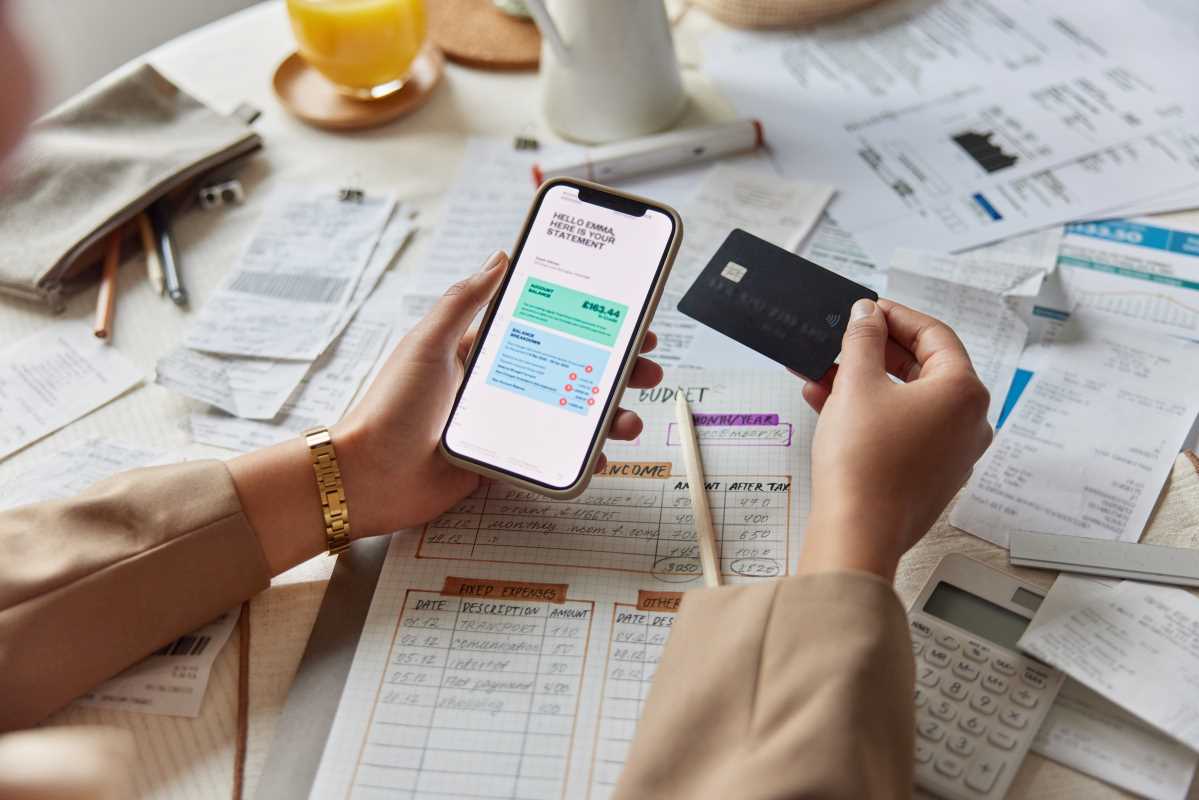Choosing between credit and debit might seem like a small decision, but it can have a big impact on your financial health. Each card type has its perks, but credit cards come with a range of advantages that can help build your financial future when used responsibly. Here’s a deeper look at why credit cards can be a smart choice—and how to make the most of their features without getting overwhelmed.
Boost Your Credit Score
Your credit score plays a huge role in your financial life. It’s a bit like a report card that lenders and financial institutions use to determine your reliability as a borrower. Using a credit card wisely is one of the easiest ways to build and improve your credit score. Here’s how:
- Build Your Credit History: Each time you make a purchase on your credit card and pay it off on time, you’re building a positive credit history. Regular on-time payments show that you’re financially responsible, which is exactly what lenders want to see. Over time, this responsible use can help increase your credit score, making you eligible for better financial opportunities down the line.
- Prove Your Financial Reliability: When you pay your credit card balance in full each month, it reflects well on your credit report. This habit demonstrates to banks and lenders that you’re trustworthy with borrowed money, which can lead to lower interest rates on loans or mortgages, saving you money in the long run.
- Unlock More Financial Opportunities: A solid credit score opens doors to premium financial products that might not be available to everyone. With a good score, you may qualify for credit cards with better rewards, higher limits, and lower interest rates, along with easier approval for larger loans, like those for a home or car.
Enjoy Rewards and Cashback
Credit cards often come with rewards that can make your spending work in your favor. This can be a big motivator to choose credit over debit, as debit cards typically don’t offer these extras.
- Cashback Benefits: Many credit cards offer cashback on everyday purchases, meaning you earn a small percentage back on everything you buy. Think of it as a mini rebate on your spending. Cashback can be especially useful for essentials like groceries, gas, and dining out, putting some money back in your pocket each month.
- Travel Rewards: If you’re a frequent traveler, certain credit cards offer travel points or airline miles. Over time, these points can add up to free or discounted flights, hotel stays, or car rentals, helping you save on vacations or work trips.
- Exclusive Discounts and Deals: Credit cards often partner with popular brands or retailers to give cardholders exclusive offers and discounts. These deals can range from online shopping perks to special event discounts, giving you even more value on things you might already be planning to buy.
Stay Safe with Extra Protection
One of the standout advantages of using a credit card is the added layer of security it provides. Compared to debit cards, which pull funds directly from your bank account, credit cards offer more protections that can give you peace of mind when making purchases.
- Fraud Protection: Most credit cards come with built-in fraud protection. If someone uses your credit card without your permission, you typically won’t be responsible for those charges as long as you report the issue quickly. With debit cards, however, your bank balance might be impacted right away, which can be harder to recover if funds are limited.
- Dispute Assistance: If you’re ever overcharged, double-charged, or unsatisfied with a purchase, many credit cards let you dispute the transaction, which could result in a refund. This process can be helpful in cases of billing errors or dealing with uncooperative merchants.
- Suspicious Activity Alerts: Many credit cards come with automated alerts that notify you of unusual activity, so you can act quickly if there’s a problem. This feature helps you keep tabs on your spending and immediately address any unauthorized transactions.
Protect Your Purchases
Beyond just making purchases, credit cards often come with perks that safeguard the things you buy. These protections can offer peace of mind, knowing that your purchases are covered in case something goes wrong.
- Extended Warranties: Many credit cards offer extended warranties on purchases. If the product’s manufacturer warranty ends, your credit card might cover repairs or replacements for a few additional months. This can be especially useful for electronics, appliances, and other big-ticket items.
- Purchase Protection: Some credit cards provide purchase protection, which covers your items against damage or theft for a limited period after the purchase. This benefit can be a lifesaver if something you buy is accidentally damaged or stolen soon after you buy it.
- Price Protection: Certain credit cards offer price protection, which means that if you find a lower price for an item shortly after buying it, the card company may refund you the difference. This feature isn’t offered by all cards, but it’s a great benefit to keep in mind if you like to shop for the best deals.
Use Credit Wisely
Credit cards can be incredibly useful, but it’s important to use them wisely to avoid debt or negative credit impacts. Here are some tips to make sure your credit card use stays positive:
- Stick to Your Budget: With a credit card, it’s easy to lose track of spending. To avoid this, treat your credit card like a debit card by only charging what you can afford to pay off each month. This helps prevent unexpected bills and keeps your spending in check.
- Pay Off Your Balance Monthly: Carrying a balance from month to month can lead to high-interest charges, which add up fast. Aim to pay off your balance in full by the due date each month. This habit not only saves you money in interest but also helps maintain a healthy credit score.
- Avoid Unnecessary Fees: Some credit cards come with fees like annual fees, foreign transaction fees, or late payment charges. Check your card’s terms to understand any fees you might encounter and take steps to avoid them, like paying on time and choosing a card with no foreign transaction fees if you travel often.
- Know Your Interest Rate: If you do end up carrying a balance, knowing your card’s interest rate can help you understand how much you’re paying in interest. Cards with lower rates are often available if you shop around, and paying more than the minimum monthly payment can help you pay off your balance faster and save on interest costs.
In Summary
Choosing a credit card over a debit card isn’t just about convenience—it can be a strategic move to build a solid financial foundation. By using a credit card responsibly, you can boost your credit score, enjoy valuable rewards, and benefit from a range of protections on your purchases.
While credit cards offer many perks, it’s important to remember that responsible usage is key. Staying within your budget, paying off your balance monthly, and avoiding unnecessary fees will help you make the most of your card without falling into debt. With these practices in place, credit cards can be powerful tools to support your financial health and open doors to future financial opportunities.
 (Image via
(Image via





